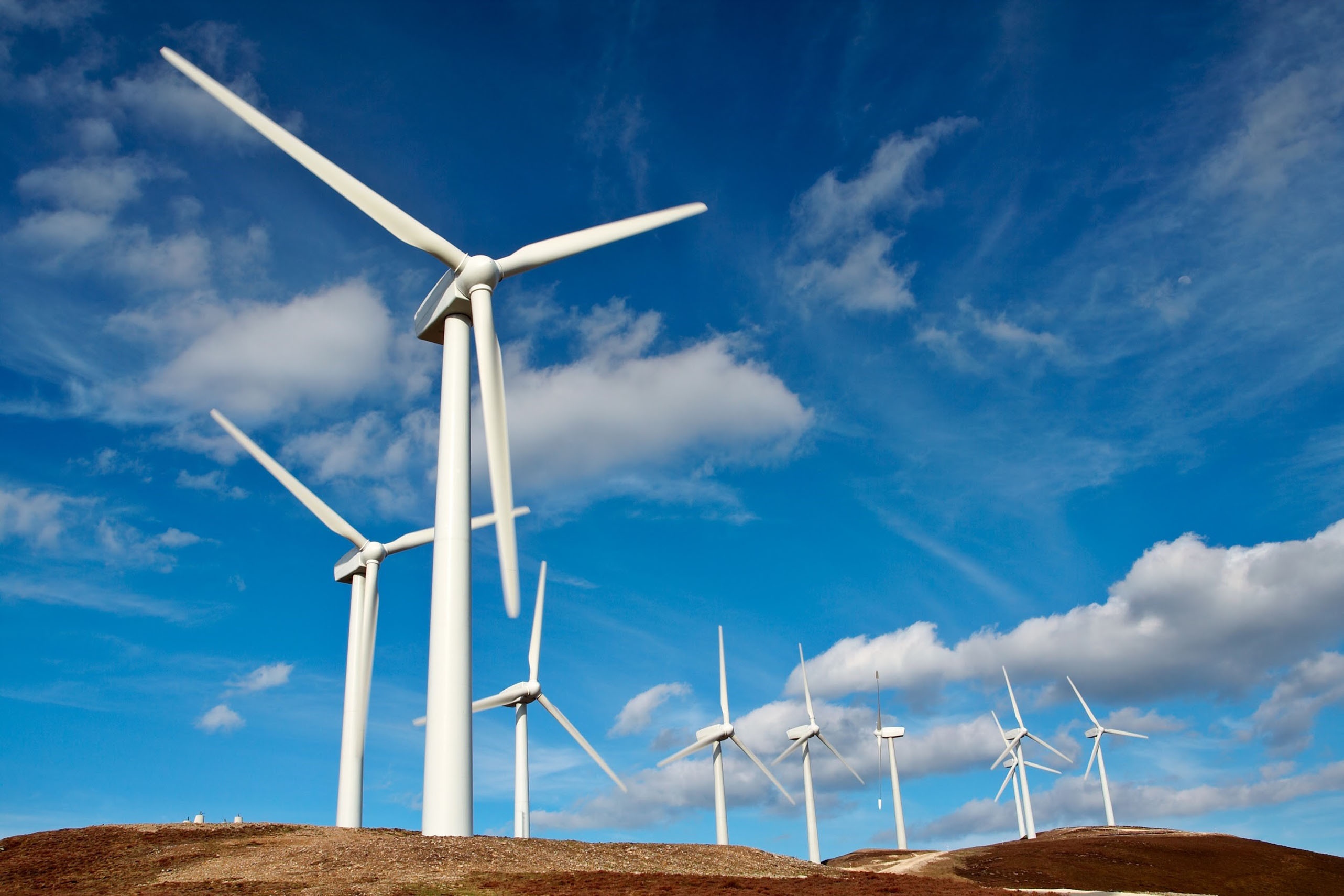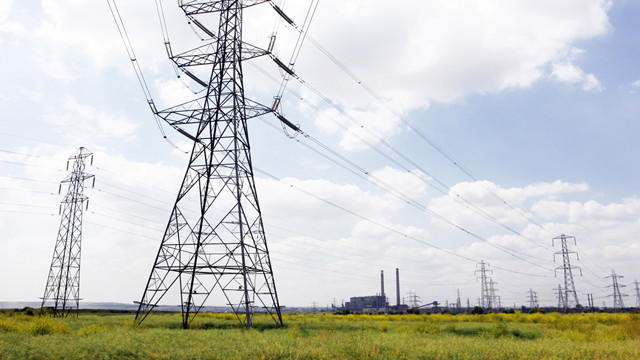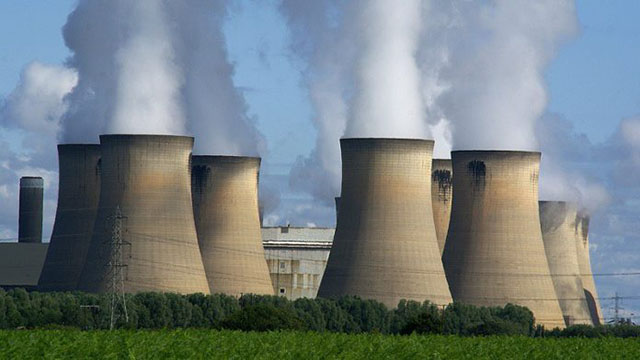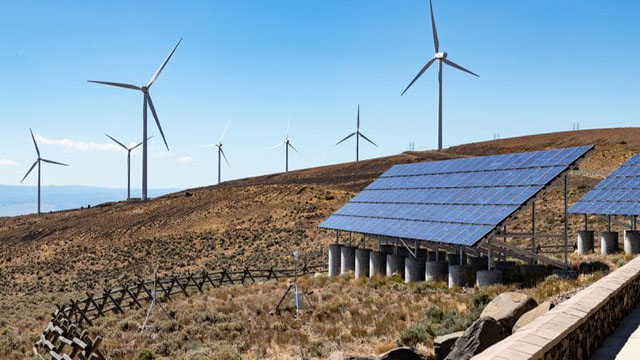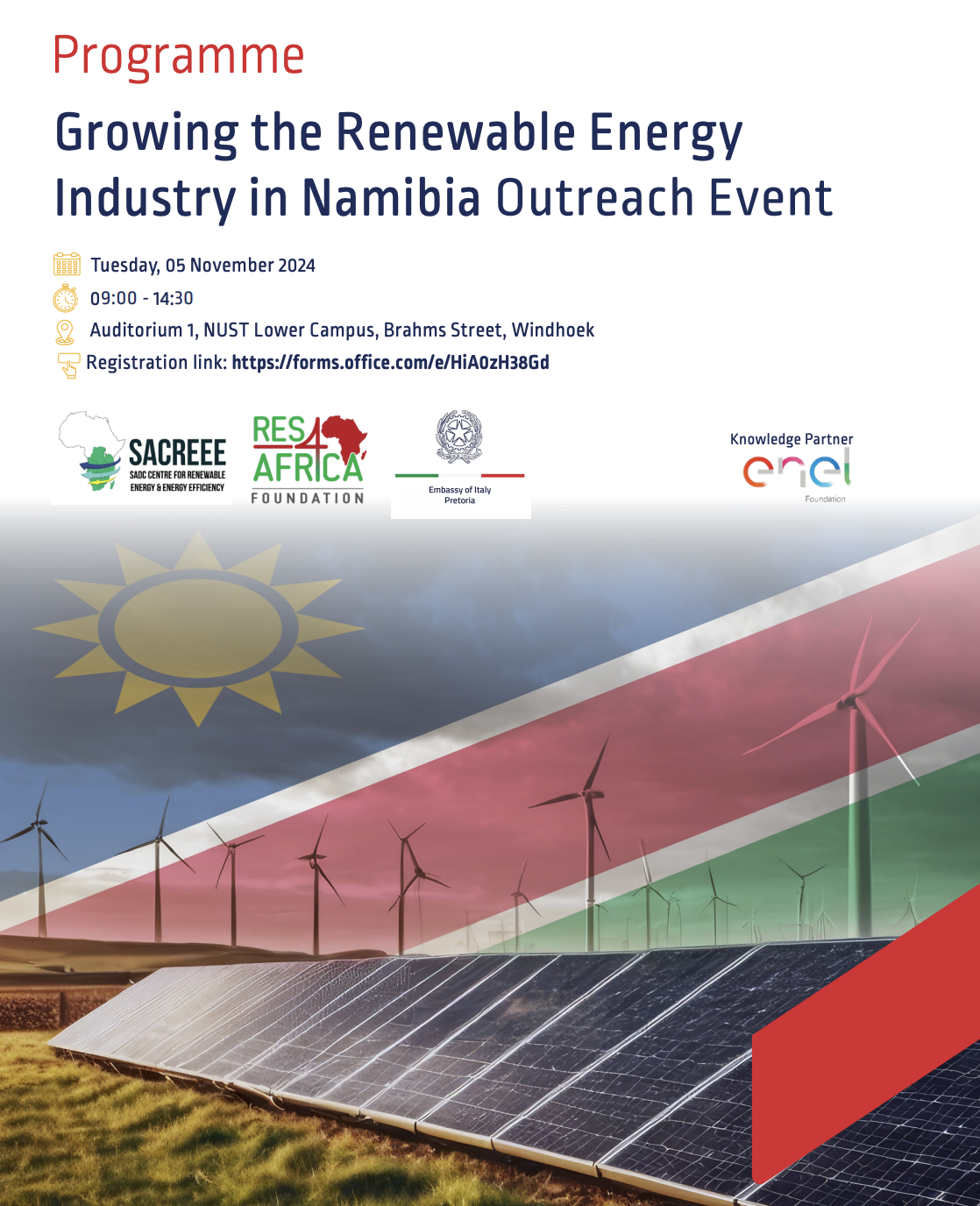Home
Welcome to the official website of the Namibia Energy Institute (NEI). The institute represents the Namibia University of Science and Technology's dedicated commitment to serve as a national information resource base for sustainable energy use and management
RES4Africa Foundation, established in 2012, is an organisation working to advance the development of electrification and investment in renewable energy across the African continent. It achieves its mission through the pillars of advocacy, analysis, training, and support.
Within RES4Africa there is a programme dedicated to the Southern Africa region. Within this programme, attention is given to the enormous potential the region has in renewable energy development. The region is well advanced in terms of energy development and initiatives, made evident by the well-developed power pool, the strength of regional institutions, and the continued advancements and innovation in renewable energy growth. The Foundation’s strong track presence in South Africa has also brought to light a number of best practices and lessons learned which can be shared and transferred across the region.
Namibia has become a regional and continental front-runner for renewable energy technologies including green hydrogen. A large resource potential and novel developments of the country’s regulation have been key to this label. There is, however, still significant room for growth to be placed as a regional and continental hub. Issues such as the integration of renewable energy in to the grid, transmission infrastructure investments, regional trading, critical minerals, and local manufacturing are all salient issues in Namibia’s green energy aspirations.
This event, therefore, will be an occasion for RES4Africa to introduce itself and its work in the country, and to offer a space for open discussion about the development of Namibia’s green energy sector.


